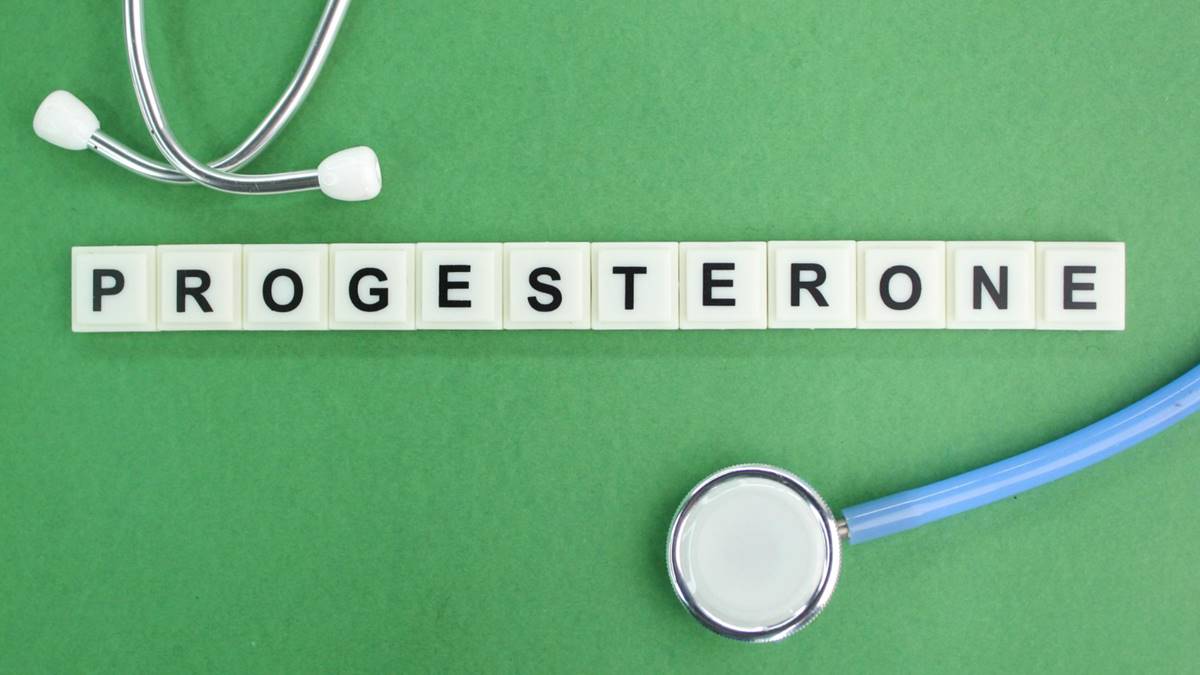Progesterone is a key sex hormone in the female body, playing a role in regulating the menstrual cycle, maintaining pregnancy, and various other health aspects. Low levels of progesterone can lead to various symptoms and health issues, affecting women’s quality of life. This article details the symptoms, causes, and possible treatment options for low progesterone levels.
Source: https://stilusiranytu.hu/alacsony-progeszteron-szint/
What is Progesterone and Why is it Important?
Progesterone, a steroid hormone, is primarily produced by the ovaries and in small amounts by the adrenal glands. It’s crucial in regulating the menstrual cycle, preparing the uterine lining for a fertilized egg, and maintaining pregnancy.
Symptoms of Low Progesterone Levels
- Menstrual irregularities: Low progesterone levels are often associated with menstrual cycle abnormalities, such as irregular periods or missed cycles.
- Fertility issues: Lack of progesterone can make it difficult to achieve and maintain pregnancy.
- Premenstrual symptoms (PMS): Low progesterone levels can exacerbate PMS symptoms like mood swings, pain, and tension.
- Sleep disorders: Progesterone deficiency can lead to sleep issues, including difficulty sleeping or restless sleep.
- Skin problems: Decreased progesterone levels can affect skin condition, causing dryness or acne.
Possible Causes
Low progesterone levels can be caused by various factors, including ovarian diseases, stress, excessive exercise, hormonal imbalances, and certain health conditions like polycystic ovary syndrome (PCOS).
Diagnosis and Treatment
Diagnosis of low progesterone levels is usually made through blood tests. Treatments may include hormone replacement, lifestyle changes like stress reduction and healthy eating, or alternative therapies. It’s always important to consult with a healthcare professional to develop an appropriate treatment plan.
The Role of Lifestyle
A healthy lifestyle, including a balanced diet, regular exercise, and stress management, can play a significant role in managing low progesterone levels and alleviating symptoms. A healthy lifestyle can help maintain hormonal balance and improve overall well-being.
In summary, low progesterone levels can lead to various symptoms and health issues. Early detection, proper medical diagnosis, and effective treatment strategies are key to maintaining women’s health and well-being. A healthy lifestyle, including nutrition and physical activity, also plays an important role in maintaining hormonal balance.
You can read more interesting articles in Hungarian on stilusiranytu.hu in the Health and Fitness category.
